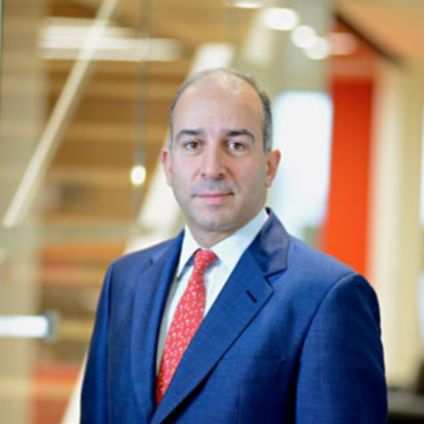From human and wildlife trafficking, to drug wars, child labor and more, the human cost of financial crime is a very real and global challenge. Its effects are far reaching and often documented, but do businesses really understand how their activities affect society? More crucially, have they considered the changes they could make to impact the world and those in it? Technical regulatory compliance is different than effective compliance, and effective compliance starts with understanding in detail the consequential risks of doing business.
Everyone is affected by the repercussions of crime, from tax evasion that decreases governmental spending pots, to money laundering that funds terrorism and threatens our national security. Taking the time to understand and tackle the growing and devastating effects of financial crime is important, because in this new, empathetic and informed world, your customers are paying attention and scrutinizing businesses like never before.
There are significant consequences to getting the fight against financial crime wrong. It goes far beyond a loss of profit for a company and impacts the society customers live in. According to the World Economic Forum1, every year an estimated “$2.4 trillion in proceeds from activities such as forced prostitution, terrorism and drug trafficking will be laundered through the world's financial markets and banking systems.” When it comes to wildlife trafficking2, it is estimated that illegal trade is worth between $7 billion and $23 billion a year, much of which is laundered through the global financial system and used to fund other crimes. That leads to billions of dollars spent by the private sector on anti-money laundering controls, and organizations scrambling to keep their heads above water in a fight that seems to be constantly flooding them.
Further, the societal harm caused by financial crime was exacerbated by the COVID-19 pandemic. Fraud and corruption risks rose during the pandemic due to disruptions in many aspects of business and the acceleration of digital needs. Indeed, remote working could only work for some, and many companies had to shift their focus to survival rather than financial crime compliance. In fact, 27% of executives said that their organizations have had to delay their fraud and corruption prevention programs due to the impact of COVID-193.
In my opinion, this is not about inaction but ineffective actions. And if this isn’t convincing enough, then consider the repercussions for business profits and reputation if inaction does become an option.
Being on the front pages for the wrong reason can damage an organization’s reputation and impact investor confidence. In today’s world, where consumers are savvier and more informed than perhaps ever before, it’s crucial for organizations to have effective processes in place to prevent fraudulent activity and other financial crimes that may end up financing terrorism, the illegal wildlife trade or drug trafficking. Consumers want to know they are in good hands because the human cost of financial crime matters to them, and any indication to the contrary may see them leaving in droves.
So I believe the time has never been more right for organizations to do everything they can, and to dig deep, to counter financial criminals. The solutions are manyfold and complex, but manageable – your approach may include optimizing technology and data analytics, implementing a holistic approach to avoid inefficiencies, changing culture, educating from bottom to top, and developing partnerships with other private or public institutions in order to have a global impact.
However you choose to go forward and tackle this worldwide problem, one thing is clear – you have to be part of the solution. If you would like to continue the conversation, please get in touch.
Footnotes:
1 World Economic Forum, Why we need to talk about financial crime, David Craig, January 2018.
2 International Institute for Sustainable Development, The Evolving War on Illegal Wildlife Trade, 2020.
3 KPMG Fraud Survey, 2020
Throughout this article, “we”, “KPMG”, “us” and “our” refers to the global organization or to one or more of the member firms of KPMG International Limited (“KPMG International”), each of which is a separate legal entity.
Stay up to date with what matters to you
Gain access to personalized content based on your interests by signing up today


